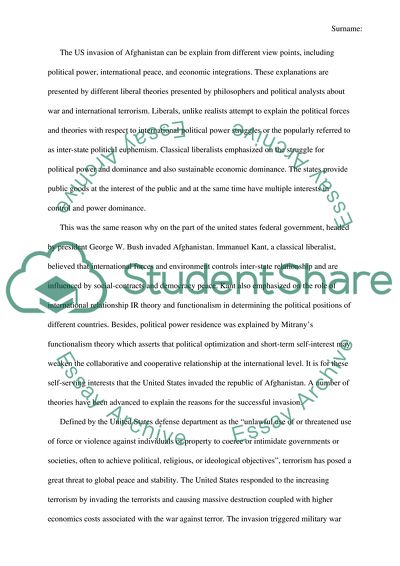Cite this document
(The Motives of the US Invasion of Afghanistan in Terms of Political Po Term Paper, n.d.)
The Motives of the US Invasion of Afghanistan in Terms of Political Po Term Paper. https://studentshare.org/history/1797363-na
The Motives of the US Invasion of Afghanistan in Terms of Political Po Term Paper. https://studentshare.org/history/1797363-na
(The Motives of the US Invasion of Afghanistan in Terms of Political Po Term Paper)
The Motives of the US Invasion of Afghanistan in Terms of Political Po Term Paper. https://studentshare.org/history/1797363-na.
The Motives of the US Invasion of Afghanistan in Terms of Political Po Term Paper. https://studentshare.org/history/1797363-na.
“The Motives of the US Invasion of Afghanistan in Terms of Political Po Term Paper”. https://studentshare.org/history/1797363-na.


